Proper hydration is one of the most overlooked—but essential—aspects of your pet’s daily health. Whether you’re caring for a playful puppy, a senior cat, or an active working dog, water supports every system in the body. It affects everything from organ function to energy levels, and even a small drop in hydration can lead to bigger problems.
At WesVet Animal Hospital, we want pet owners to feel confident recognizing dehydration, knowing when to seek care, and building everyday habits to keep pets well-hydrated.
Why Hydration Is So Important
Water does more than quench thirst—it powers nearly every process in your pet’s body. Proper hydration:
- Regulates body temperature
- Aids digestion and nutrient absorption
- Flushes toxins through urine
- Cushions joints and tissues
- Supports organ and immune system function
Even mild dehydration can affect your pet’s comfort and health. For pets with chronic conditions like kidney disease or diabetes, staying hydrated is even more critical.
Learn more about hydration and CKD: Chronic Kidney Disease and Daily Life – Michigan State University
Common Causes of Dehydration in Pets
Dehydration can occur when fluid loss exceeds intake. Common triggers include:
- Reduced water intake due to illness, age, or lack of access
- Increased fluid loss from vomiting, diarrhea, panting, or frequent urination
Feline Vomiting – Cornell Feline Health Center
Canine Diarrhea – Cornell Canine Health Center
- Environmental factors, especially hot, humid weather. Dehydration can escalate quickly, especially in warmer climates or during strenuous activity.
Heat Safety Tips for Pets – AAHA - Medical conditions such as diabetes, kidney disease, parvovirus, or hyperthyroidism
Recognizing Signs of Dehydration
Early recognition is key. Look for:
Mild to moderate signs:
- Dry or sticky gums
- Lethargy or low energy
- Decreased appetite
- Reduced skin elasticity (a gentle pinch test on the neck can help)
Severe signs:
- Sunken eyes
- Weakness or collapse
- Panting without exertion or heat exposure
- Rapid heart rate or labored breathing
Cats often show subtler signs than dogs, so it’s important to monitor behavior changes closely.
Try a Home Health Exam – Humane Society
How We Diagnose and Treat Dehydration
When you bring your pet to WesVet Animal Hospital, we’ll begin with a full physical exam and review of symptoms. We may also perform:
- Skin turgor and gum moisture checks
- Vital signs (heart rate, respiratory rate, temperature)
- Diagnostic testing (bloodwork, urinalysis, fecal testing) to identify underlying causes
Treatment Options
- Mild dehydration: Encouraging fluid intake, adding moisture to food, or offering pet-safe broths
- Moderate to severe cases: Administering subcutaneous (SQ) or intravenous (IV) fluids
How to Give Subcutaneous Fluids to Your Cat – iCatCare
- Hospitalization if intensive monitoring or supportive care is needed
What Happens If Dehydration Goes Untreated?
Unchecked dehydration can lead to:
- Kidney damage or failure
- Electrolyte imbalances
- Organ dysfunction
- Hypovolemic shock (life-threatening in severe cases)
If your pet is showing signs of advanced dehydration, seek care immediately.
Is This a Pet Emergency? – AAHA
Everyday Ways to Keep Your Pet Hydrated
- Fresh water, always available – Clean bowls daily and provide multiple water sources around the house
- Add moisture to meals – Mix wet food with kibble or add low-sodium broth
- Encourage drinking – Use pet fountains, flavor water occasionally, or offer ice cubes as treats
- Monitor during travel or heat – Bring portable bowls and limit exercise in hot weather
Preventing Pet Emergencies – UW Vet School
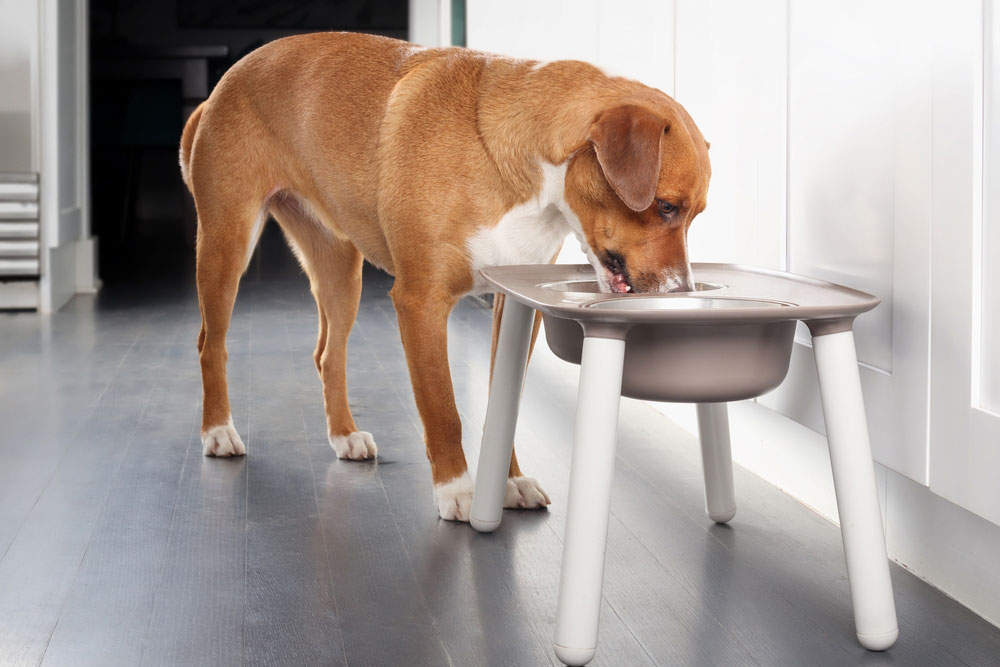
How to Prepare for Your Appointment
Bring a record or mental note of:
- Your pet’s daily water intake and food habits
- Any vomiting, diarrhea, or urination changes
- Recent travel, illness, or activity changes
- Specific questions you want to ask
Good ones to start with:
- What’s the likely cause of dehydration?
- What treatments will help?
- How can we prevent future episodes?
FAQs: Quick Answers
Is tap water okay for pets?
Yes, for the most part. If you wouldn’t drink it or if you’re concerned about local water quality, consider filtered water.
Can dehydration cause permanent damage?
Yes—especially to the kidneys and other organs if left untreated.
When should I call the vet?
Any signs of dry gums, sunken eyes, unusual fatigue, or vomiting/diarrhea lasting more than 24 hours.
Your Partner in Hydration and Health
At WesVet Animal Hospital, we’re here to support every part of your pet’s well-being—including hydration. Whether you’re managing a chronic condition or just want help building healthy habits, our team is ready to help.
Contact us with questions
Meet our team
Staying hydrated may seem simple—but for your pet, it can make a life-changing difference.

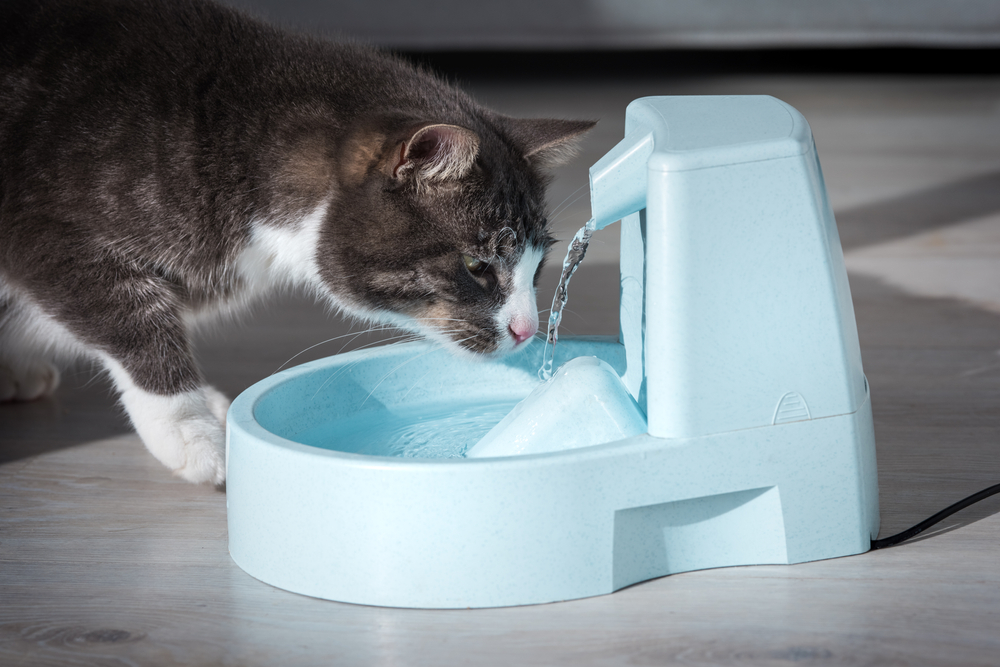

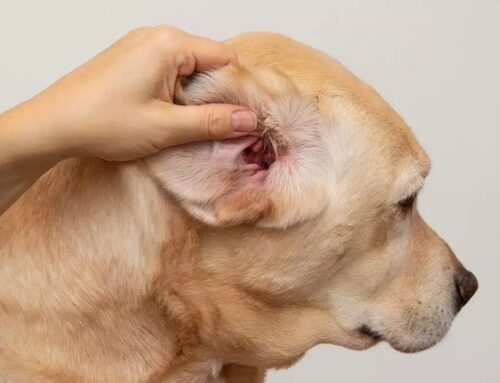
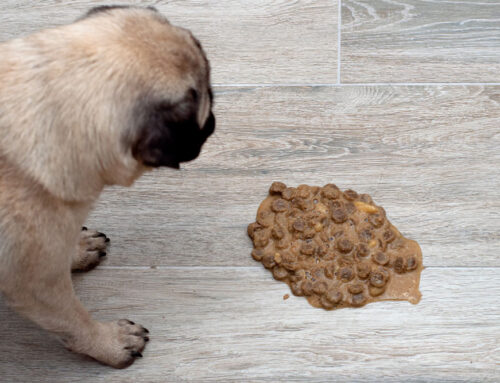
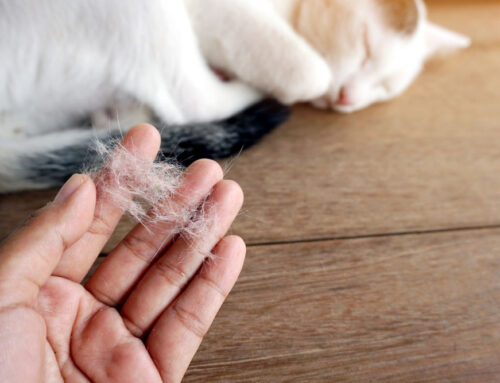

Leave A Comment